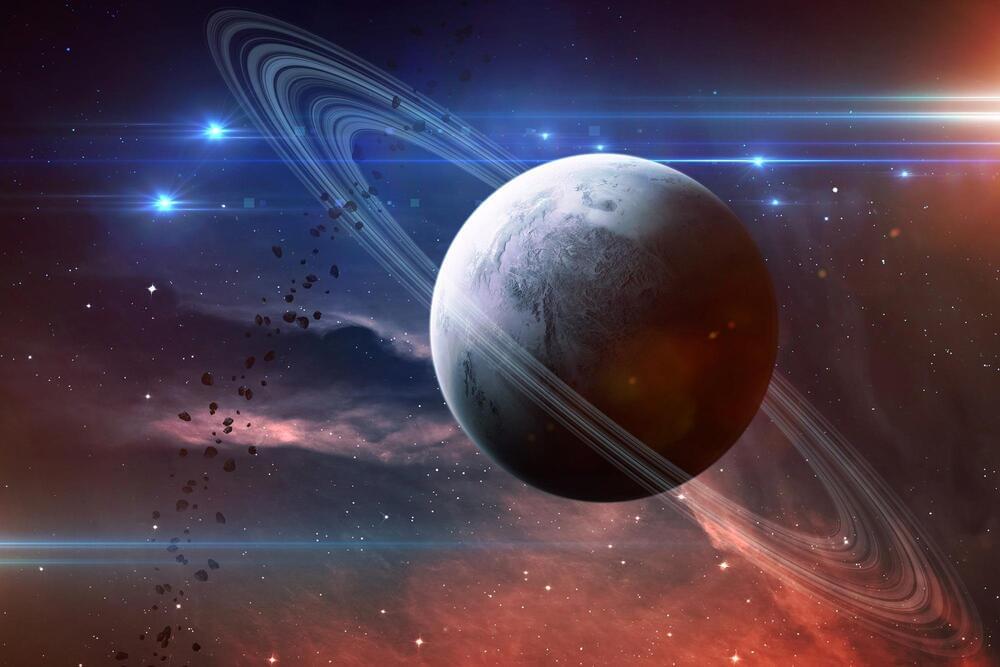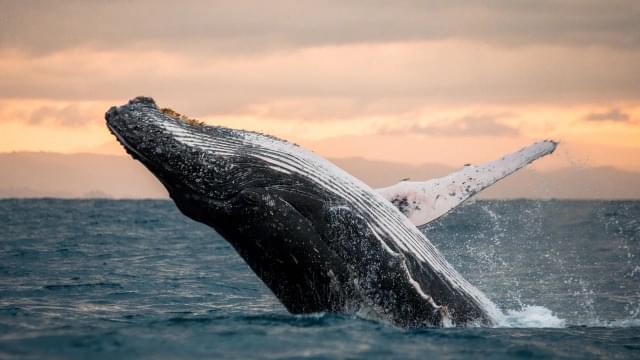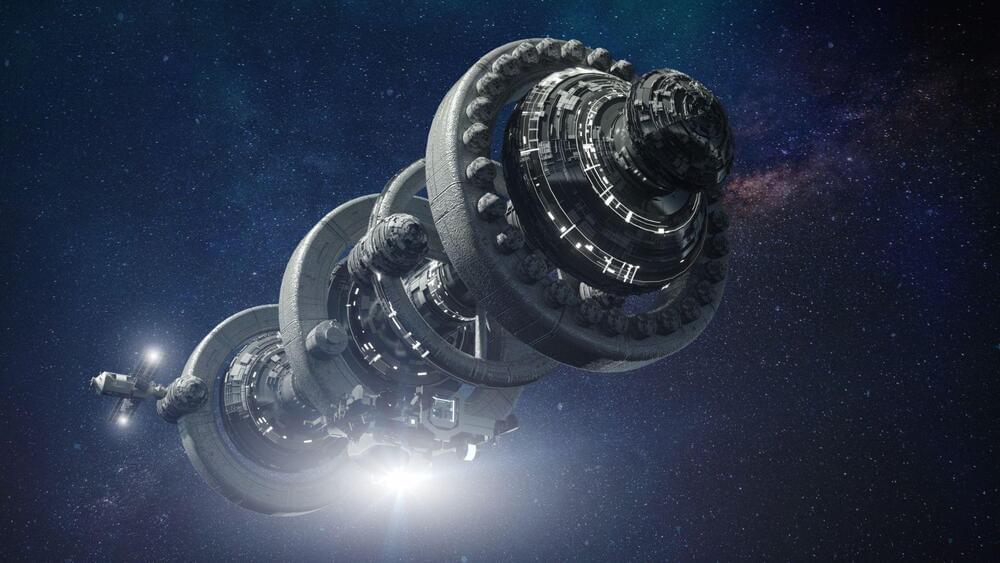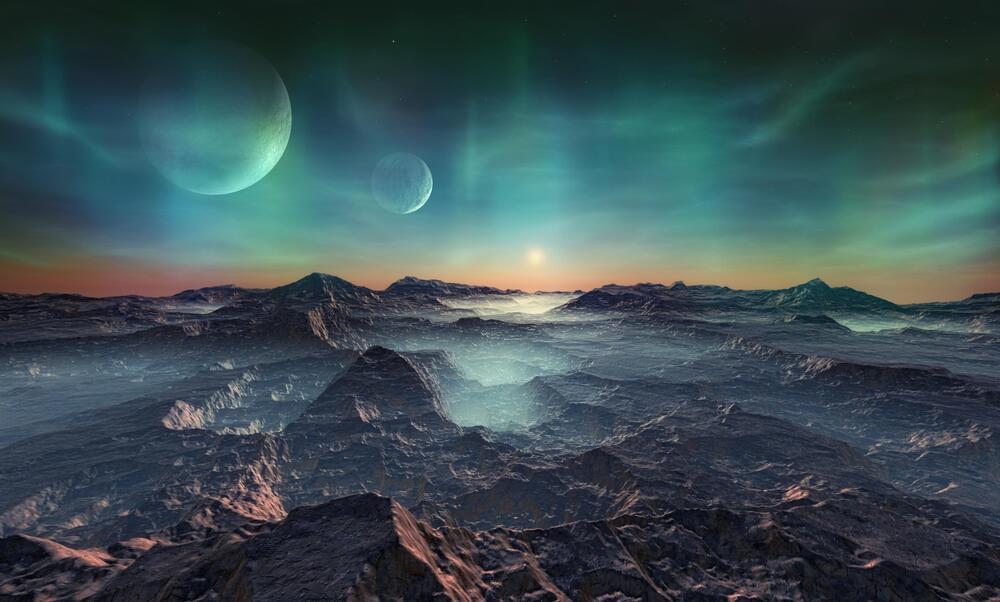Start listening with a 30-day Audible trial and your first audiobook plus two Audible Originals are free. Visit.
http://www.audible.com/isaac or text “ISAAC” to 500–500.
The Fermi Paradox ask us how in a Universe so vast and ancient we seem to be the only intelligent civilization around, with no older interstellar alien empires visible in the galaxy. But could extinction play a role in that, or might extinction events instead drive evolution forward?
Visit our Website: http://www.isaacarthur.net.
Support us on Patreon: https://www.patreon.com/IsaacArthur.
SFIA Merchandise available: https://www.signil.com/sfia/
Social Media:
Facebook Group: https://www.facebook.com/groups/1583992725237264/
Reddit: https://www.reddit.com/r/IsaacArthur/
Twitter: https://twitter.com/Isaac_A_Arthur on Twitter and RT our future content.
SFIA Discord Server: https://discord.gg/53GAShE
Listen or Download the audio of this episode from Soundcloud: Episode’s Audio-only version: https://soundcloud.com/isaac-arthur-148927746/the-fermi-paradox-extinction.
Episode’s Narration-only version: https://soundcloud.com/isaac-arthur-148927746/the-fermi-para…ation-only.
Credits:
The Fermi Paradox: Exctinction.
Episode 204, Season 5 E37
Written by:





